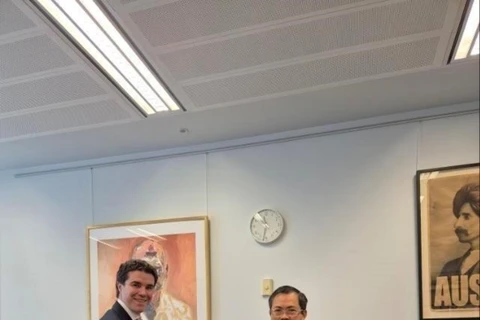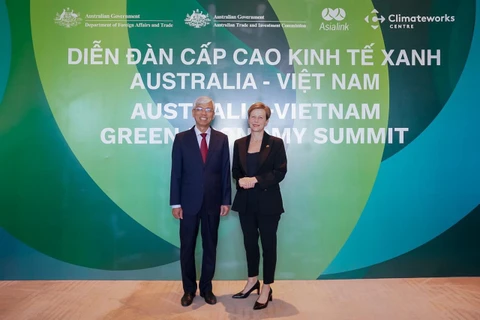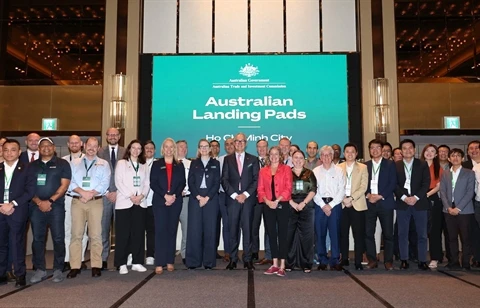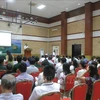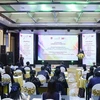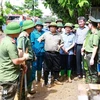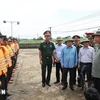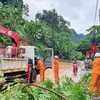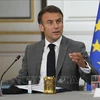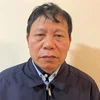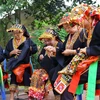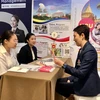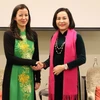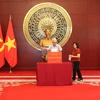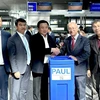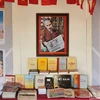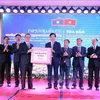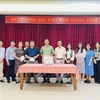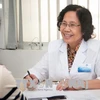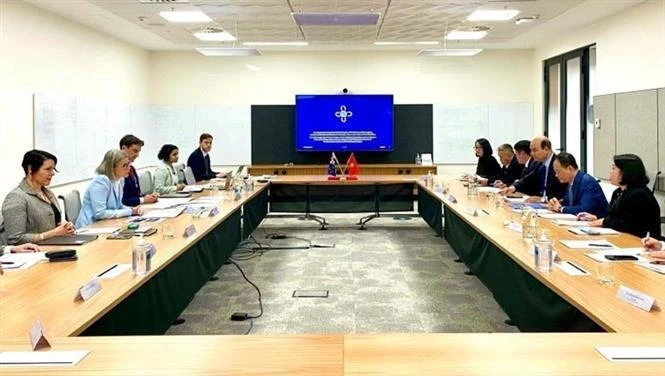
Canberra (VNA) - A delegation of the Ministry of Science and Technology (MoST) led by Deputy Minister Tran Hong Thai has paid a working visit to Australia to boost bilateral cooperation in science, technology and innovation.
During the eight-day visit ending August 10, the delegation held working sessions with the Australian Department of Industry, Science and Resources (DoISR) and the Australian Research Council (ARC) in Canberra.
Working with the DoISR, Thai discussed some contents relating to the Strategy for Science, Technology and Innovation Development until 2030, promulgated in 2022. He said that the MoST is implementing some priorities such as perfecting legal framework for science, technology and innovation activities through amending the Law on Science and Technology 2013 towards approaching international standards, the Law on Technical Standards and Regulations, and the Law on Atomic Energy.
To perform these tasks well, the ministry needs the involvement of domestic and international organisations and experts, especially those from the DoISR, he noted.
The host shared its experience in developing and implementing science and technology development policies, priority areas of the Australian Government such as renewable energy, advanced manufacturing industries and emission reduction technology, as well as policies related to intellectual property protection and attraction of participation and funding from the international community for research projects.
Both host and guest will continue to coordinate in managing and effectively implementing collaboration programmes to connect the innovation ecosystems of the two countries, serving the national targets of sustainable socio-economic development based on science, technology and innovation, as well as further promoting cooperation between the two countries in this field.
At a working session with the ARC, Thai suggested the council share experience on the organisation model; sponsoring activities; inspection, evaluation and acceptance of scientific and technological projects, handling of project assets, valuation of products/intellectual property formed from research results, and commercialisation of these results.
The two sides exchanged and proposed orientations for cooperation in science, technology and innovation activities in the coming time such as training and exchanging staff or experts, building joint research projects, enhancing research funding cooperation, using funding from Vietnam, Australia and other multilateral funding sources.
Within the framework of the working trip, the delegation visited and held working sessions with the Vietnamese Embassy, some Australian universities such as Monash University, Melbourne University and RMIT University as well as Vietnamese Australian Scholars & Experts Association (VASEA) in Australia./.
